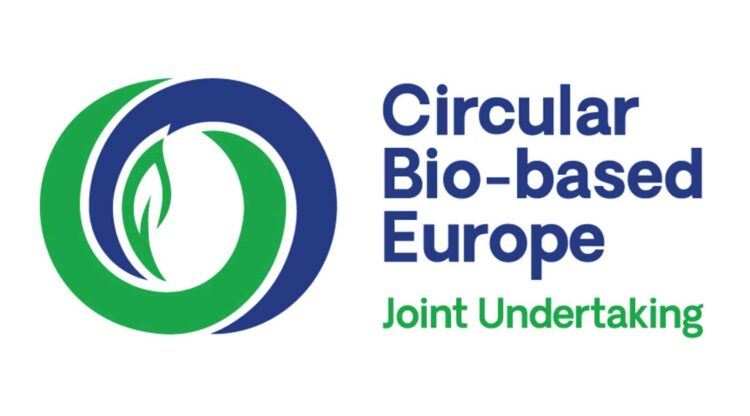
-
Engineering and technology
- Modelling, simulation and optimisation
Bio-based plastics are now seen as an eco-friendly substitute for traditional fossil-based plastics. Interestingly, aside from their
environmentally friendly origins and in some cases, their biodegradability, bio-based plastics present a promising market potential for
recycling, particularly through chemical depolymerisation. Nevertheless, before recycling, bio-based plastics must first be separated
and isolated from other packaging materials. Achieving effective sorting of bio-based plastics presents a challenge in the market, as
bio-based plastics require scale to be sorted and to form a circular economy. Yet, they also need circularity as a sustainability selling
point to boost their sales.
The PROSPER project brings together three bio-based plastic producers (including PLA and AAPE-blend producers), a major brand
owner, an EPR scheme/PRO participant, a supplier of AI-sorting technology, a sorting testing center, four waste management
companies, a municipality and a specialised consultant. It is supported by the scientific expertise of three research institutions and
universities, as well as a policy-oriented non-profit organisation. The project offers a comprehensive approach by developing policy
interventions, EPR fee scenarios and quantifying recycling rates and cost benefits associated with these scenarios. It also focuses on
demonstrating technical advancements in sorting and recycling at industrial scale inside four real waste management companies.
PROSPER will also evaluate the market potential for recycled bio-based plastic products through consumer studies, engagement with
companies and PROs, while also assessing the Life Cycle, Social Life Cycle, material circularity indicators and economic business
models.
The institutionalisation of a system change by the different stakeholders in the bio-based plastics value chain will be crucial in
achieving circularity, improving environmental performance and fostering positive impacts in the bio-based economy.